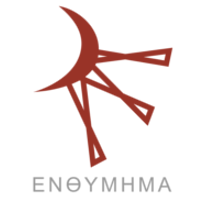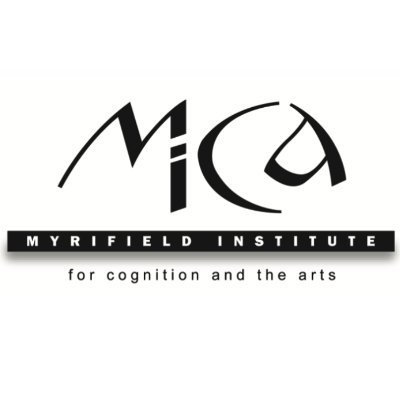
Last paper:
Grazia Pulvirenti, Renata Gambino, Neurohermeneutics. A Transdisciplinary Approach to Literature
- Peer review
- Submit a paper
- Suggest a paper
- Contact us
- Partner program
Margaret H. Freeman,
The Fall of the Wall between Literary Studies and Linguistics: Cognitive Poetics
Topics: Cognition; Blending;
Disciplines: Literature; Linguistics;
DOWNLOAD PAPER
Download size: 329.32 KB
This paper explores how cognitive poetics may serve as a bridge between literary studies and linguistics. Because cognitive poetics studies the cognitive processes that constrain literary response and poetic structure, it provides a theoretical cognitive basis for literary intuition. At the same time, by exploring the iconic functions that create literature as the semblance of felt life, cognitive poetics contributes to our understanding of the embodied mind. The effect of what I call "poetic iconicity" is to create sensations, feelings, and images in language that enable the mind to encounter them as phenomenally real. The paper draws upon Susanne K. Langer's (1953, 1967) theory of art, Charles Sanders Peirce's (1955[1940]) theory of the sign, Ellen Spolsky's (1993) theory of literature bridging the gap caused by the mind's modularity, Elaine Scarry's (1999) theory of images in the mind, and the cognitive-semiotic notions of blending, deixis, negative polarity, and schema theory to show how Robert Frost manipulates the fictive and factive planes in his poem, "Mending Wall," to create a poetic iconicity of feeling that leads literary critics to their various interpretations of the poem. It concludes by arguing that both literary studies and cognitive linguistics are complementary ways of showing how a literary text extends natural language use in order to bridge the gap between mind and world.
Keywords: Cognitive poetics, iconicity, blending, schema, deixis, negative polarity, Robert Frost
Project
The Neuro Humanities Studies Network aims at creating a multidisciplinary research community in order to develop and structure a linking platform for neuro-scientific, cognitive topics and humanities.
Click on each keyword to show papers related with it.









